Which class to choose in Elden Ring
Some of the Elden Ring classes are immediately familiar, while others are a lot weirder.
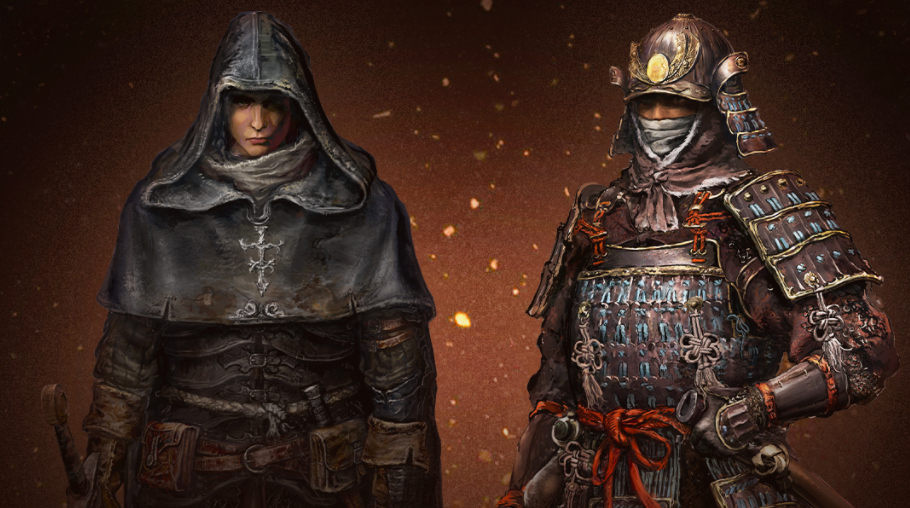
Trying to figure out which Elden Ring class to choose? There are ten starting classes, and although some of them will immediately ring a bell from your time in Lothric or Drangleic, the Lands Between have a few weird new choices, too. Elden Ring is a bit more flexible in how you adjust your build as you play, but your initial choice will still influence the first several hours of your adventure.
What's the difference between Intelligence and Faith and what's this new Arcane stat? I'll go over all that, along with the gear and stats with which each class starts. After you meet Melina for the first time, you'll be able to start leveling your character and investing in attribute upgrades with your runes. Until then, I'm here to help you pick which of the Elden Ring classes best suits your playstyle.
All Elden Ring classes: Which should you choose?
If Elden Ring is your first Souls-style RPG, the Vagabond and Astrologer are good starting classes if you're interested in melee or casting, respectively. More experienced players may want to dabble with the interesting starting gear and stats in the Prisoner or Bandit classes. Read on to get a closer look at all ten Elden Ring classes.
| Class | LVL | VIG | MND | END | STR | DEX | INT | FTH | ARC |
|---|---|---|---|---|---|---|---|---|---|
| Vagabond | 9 | 15 | 10 | 11 | 14 | 13 | 9 | 9 | 7 |
| Warrior | 8 | 11 | 12 | 11 | 10 | 16 | 10 | 8 | 9 |
| Hero | 7 | 14 | 9 | 12 | 16 | 9 | 7 | 8 | 11 |
| Bandit | 5 | 10 | 11 | 10 | 9 | 13 | 9 | 8 | 14 |
| Astrologer | 6 | 9 | 15 | 9 | 8 | 12 | 16 | 7 | 9 |
| Prophet | 7 | 10 | 14 | 8 | 11 | 10 | 7 | 16 | 10 |
| Samurai | 9 | 12 | 11 | 13 | 12 | 15 | 9 | 8 | 8 |
| Prisoner | 6 | 11 | 12 | 11 | 8 | 14 | 14 | 6 | 9 |
| Confessor | 10 | 10 | 13 | 10 | 12 | 12 | 9 | 14 | 9 |
| Wretch | 1 | 10 | 10 | 10 | 10 | 10 | 10 | 10 | 10 |
As with any RPG, your starting class and stats in Elden Ring will dictate what kind of gear or spells you can use early on. Over time you'll invest points in your attributes, which can nudge your character into specializing or generalizing as you please.
In case you don't know, or you need a refresher, here's what the stats mean:
- Vigor: Increases health.
- Mind: Increases Focus Points for spells.
- Endurance: Controls stamina and equipment load.
- Strength/Dexterity: Requirements for equipping certain physical weapons and scales the damage you do with them.
- Intelligence/Faith/Arcane: Prerequisites and damage-scaling attributes for the different kinds of Elden Ring spells.
Vagabond
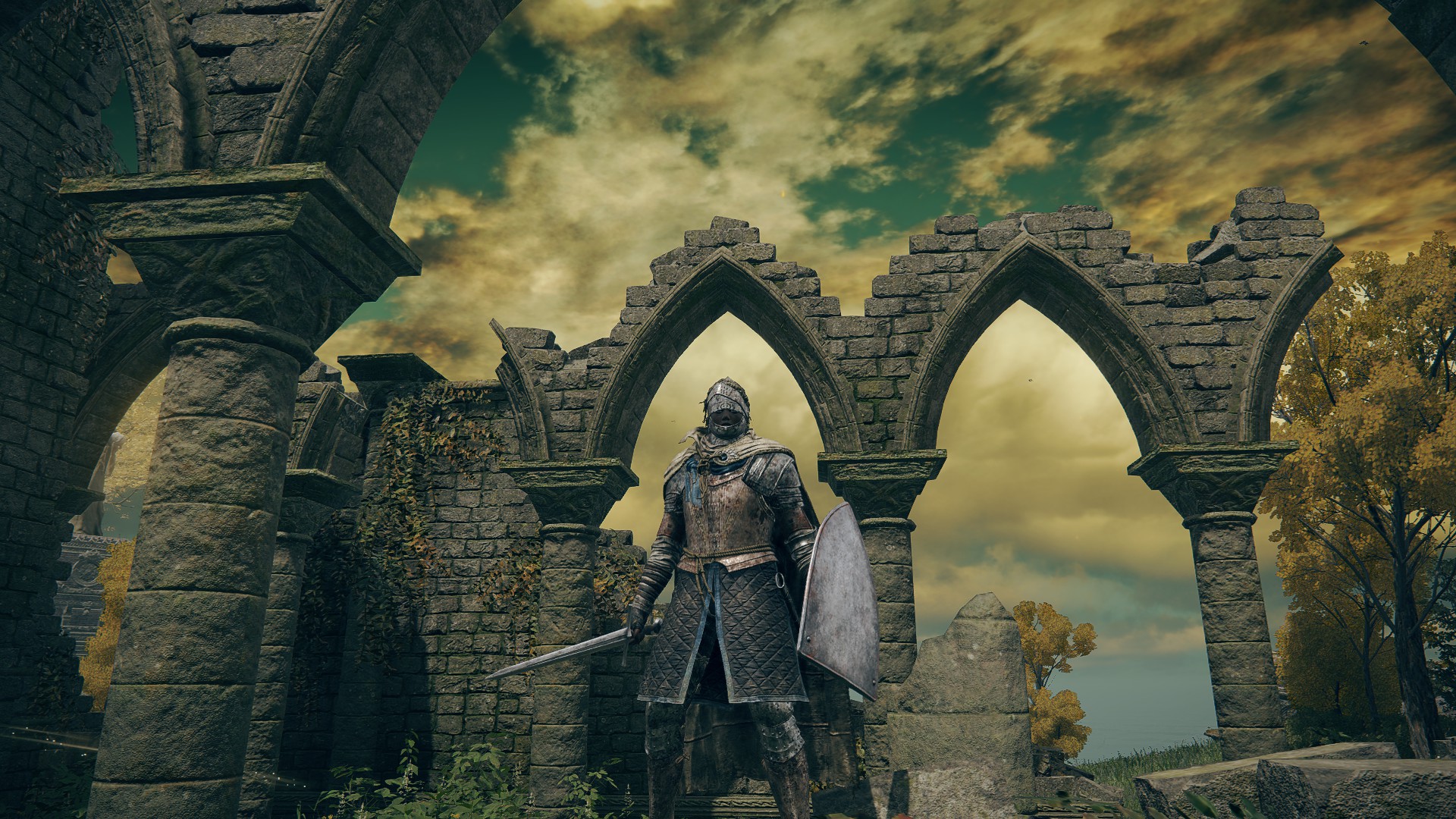

Elden Ring guide: Conquer the Lands Between
Elden Ring bosses: How to beat them
Elden Ring map fragments: Reveal the world
Elden Ring weapons: Arm yourself
Elden Ring armor: The best sets
Elden Ring Smithing Stone: Upgrade your gear
Elden Ring Ashes of War: Where to find them
Elden Ring classes: Which to choose
A knight exiled from their homeland to wander. A solid, armor-clad origin.
Despite what the name implies, the Vagabond is a pretty well-rounded starter class. If Elden Ring is your first FromSoftware RPG, the Vagabond is a very safe choice. You'll start out with a one-handed sword, a shield, and a halberd, meaning you'll be well-equipped to get right down to fighting your way through the Lands Between.
The biggest gaming news, reviews and hardware deals
Keep up to date with the most important stories and the best deals, as picked by the PC Gamer team.
Starting your journey with 15 points in Vigor means you'll have enough health to take a few hits from most early enemies. But most importantly for new players, the points already invested in Strength and Dexterity, so you'll be able to pick up and try a variety of physical weapons early on. Once you start getting a feel for the weapon types you like, you'll be able to invest further points in one or the other.
❗ New player tip: Your Vagabond will start the game with both their longsword and halberd equipped, which gives them a "heavy load" equipment rating and will make your dodge roll much slower! Unequip that very heavy halberd if you want to be more nimble and invest points in Endurance if you want to carry big weapons without reduced movement.
Warrior
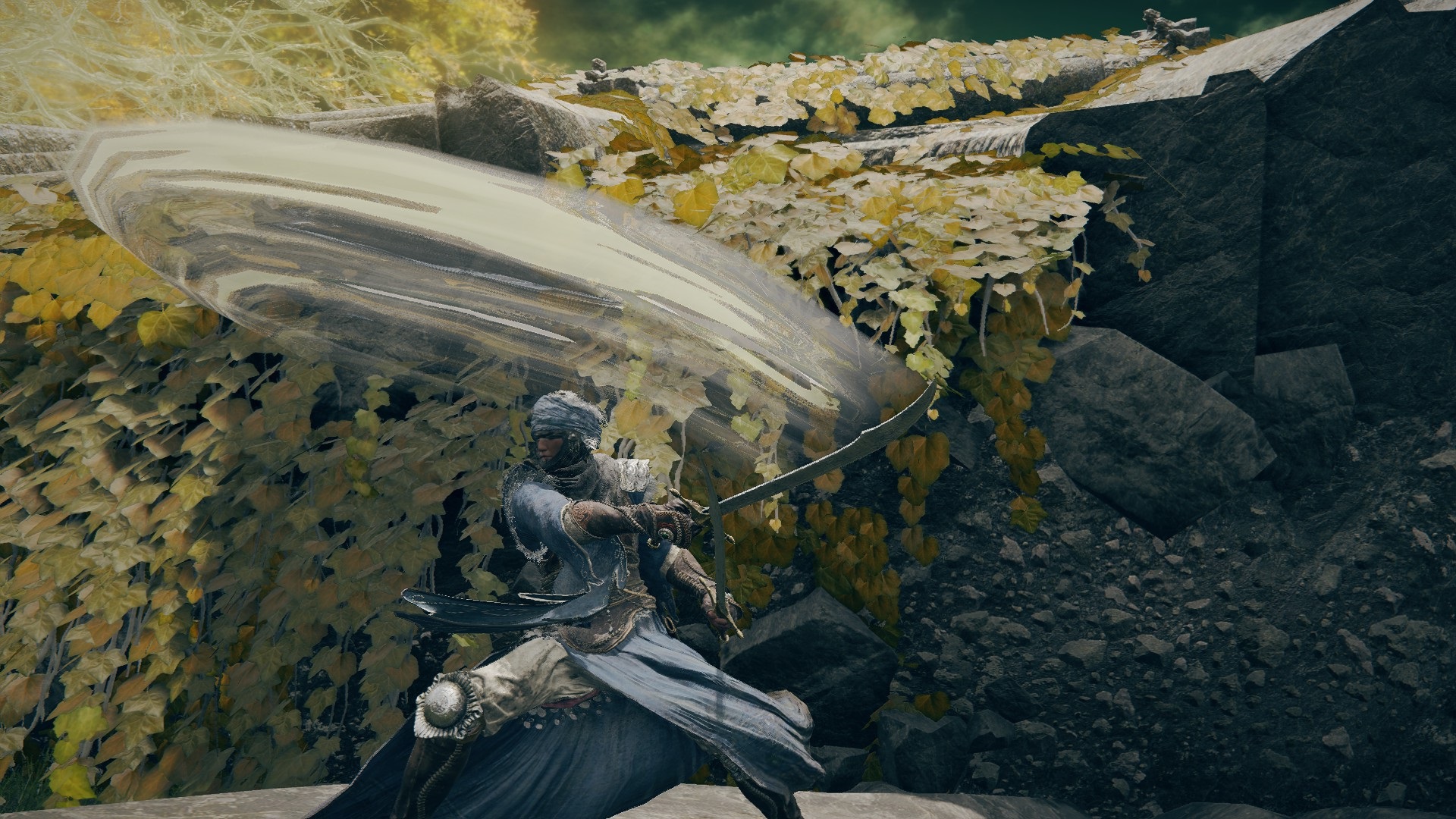
A nomad warrior who fights wielding two blades at once. An origin of exceptional technique.
The Warrior is slightly more specialized than the Vagabond, with a high starting Dexterity stat and a bit less in Vigor and Strength to compensate. They start out with dual scimitars and an offhand shield. Like the Vagabond, it's a pretty generous starting class with quite a few levels and attribute points already invested.
If you prefer weapons fast and slashy, the Warrior is a good pick. Unlike what you might assume based on Warrior classes in other games, those who want to wield large weapons should keep scrolling and go for the Hero instead.
Hero
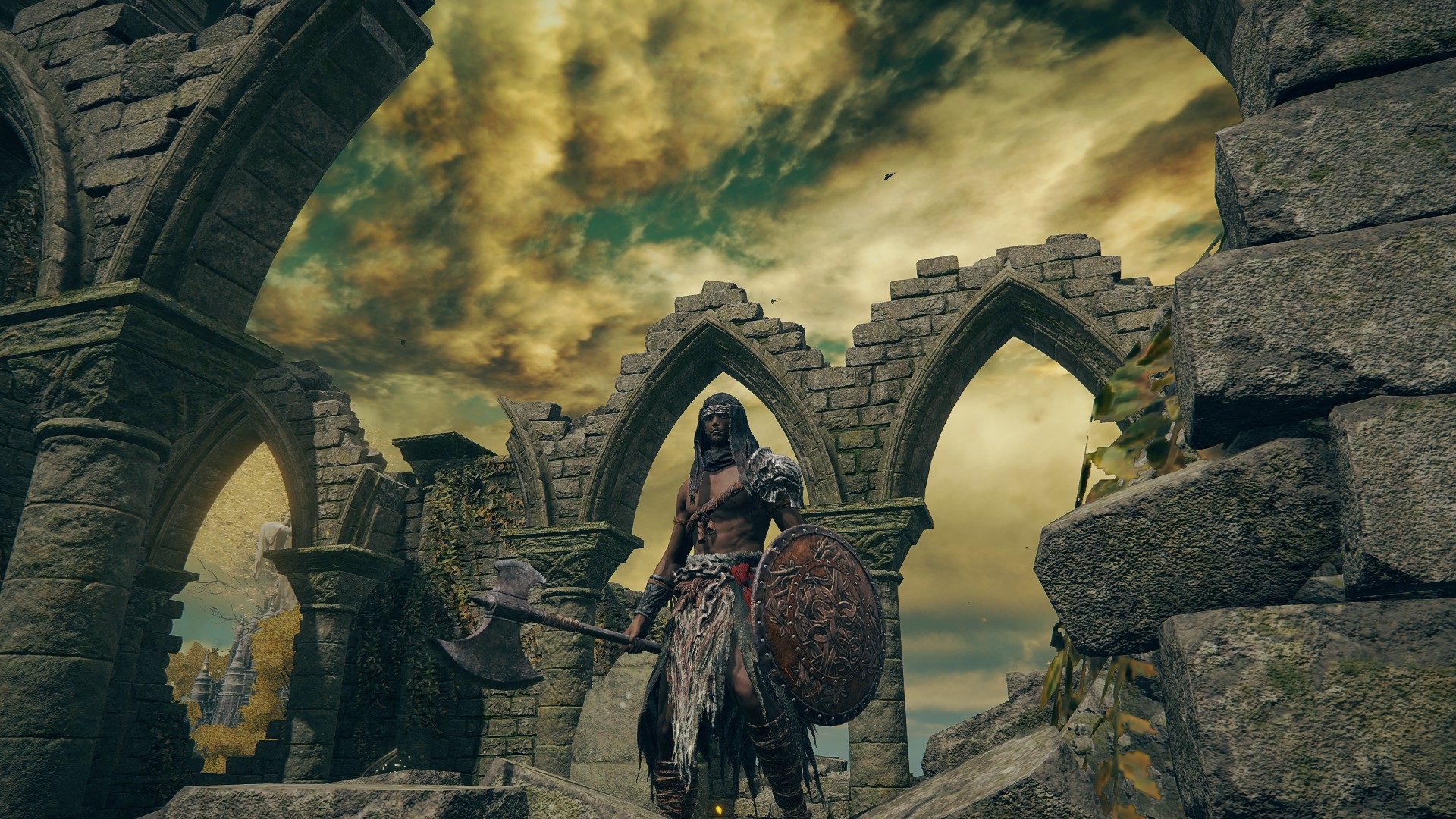
A stalwart hero, at home with a battleaxe, descended from a badlands chieftain.
The Hero class is the alternative choice for melee-focused players who want a little more durability than the Warrior. If you like huge, heavy weapons, this is the pick for you. The hero starts with a large shield and a battle axe, complemented by high Strength and Vigor stats.
Of the physical weapon starting classes, the Hero is nearly the lowest level, meaning that the fewest stat points have been invested on your behalf. It's a good pick if you're confident in your Soulslike combat skills for the early hours of the game and want the freedom to invest points to your own taste as you get your footing in Elden Ring in particular.
Bandit
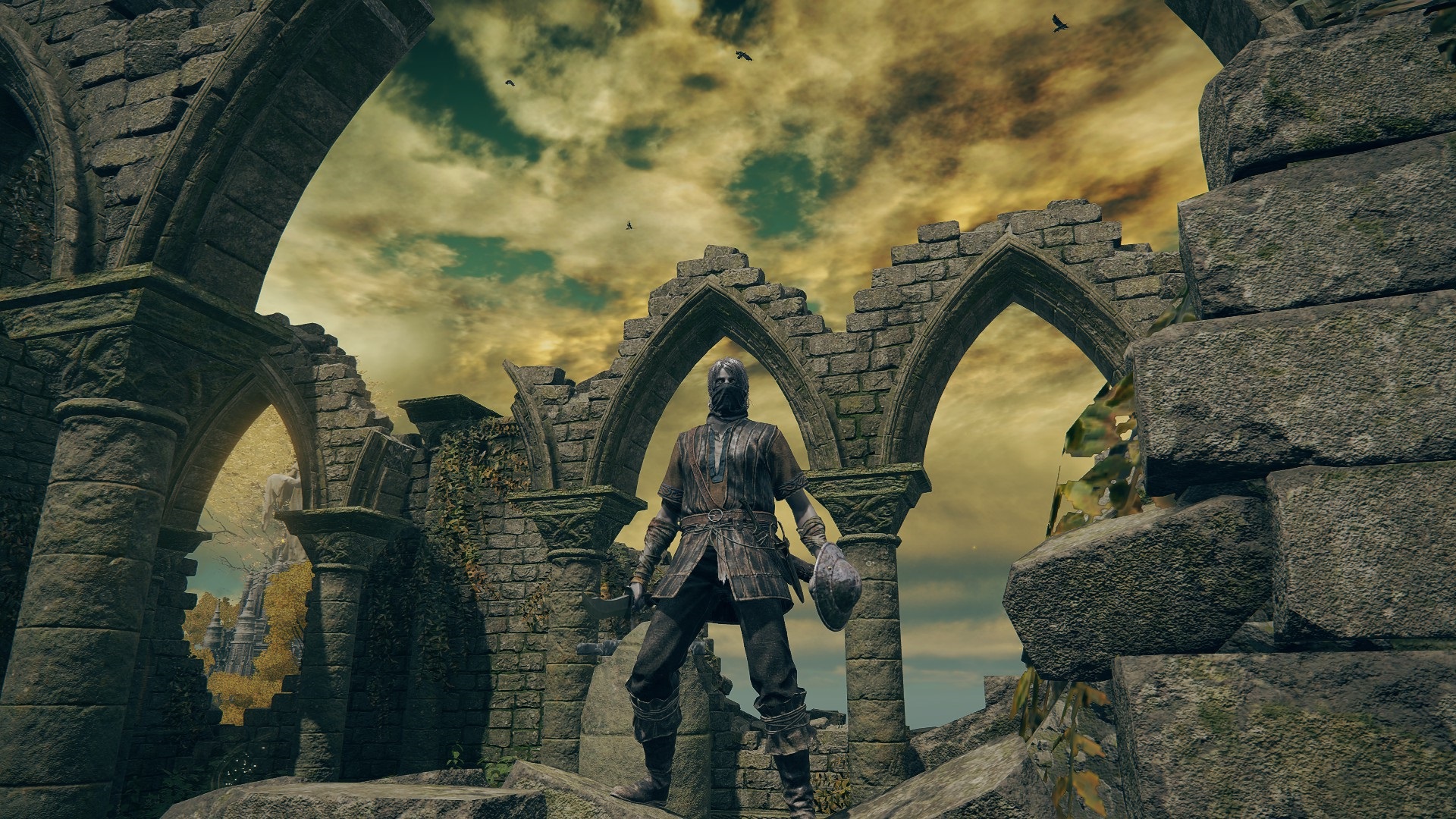
A dangerous bandit who strikes for weak points. Excels at ranged combat with bows.
The bandit is a tricky starting class, likely for more experienced Souls players who have a specific build in mind. The bandit comes equipped with a small buckler shield, a knife, a shortbow, and arrows. Their high starting Dexterity stat pairs well with both weapons, but they also come with a quite-high 14 points in Arcane. Initially, you'll do well to use your Bandit's high Dexterity to land critical hits with your short bow, backstabs with stealth, or get really good at parrying with that little buckler shield.
The Bandit is the lowest-level starting class besides the Wretch, which means it does leave you a lot of room to manage your own stats as you level, so long as you don't mind the slippery, stealthy start.
Astrologer
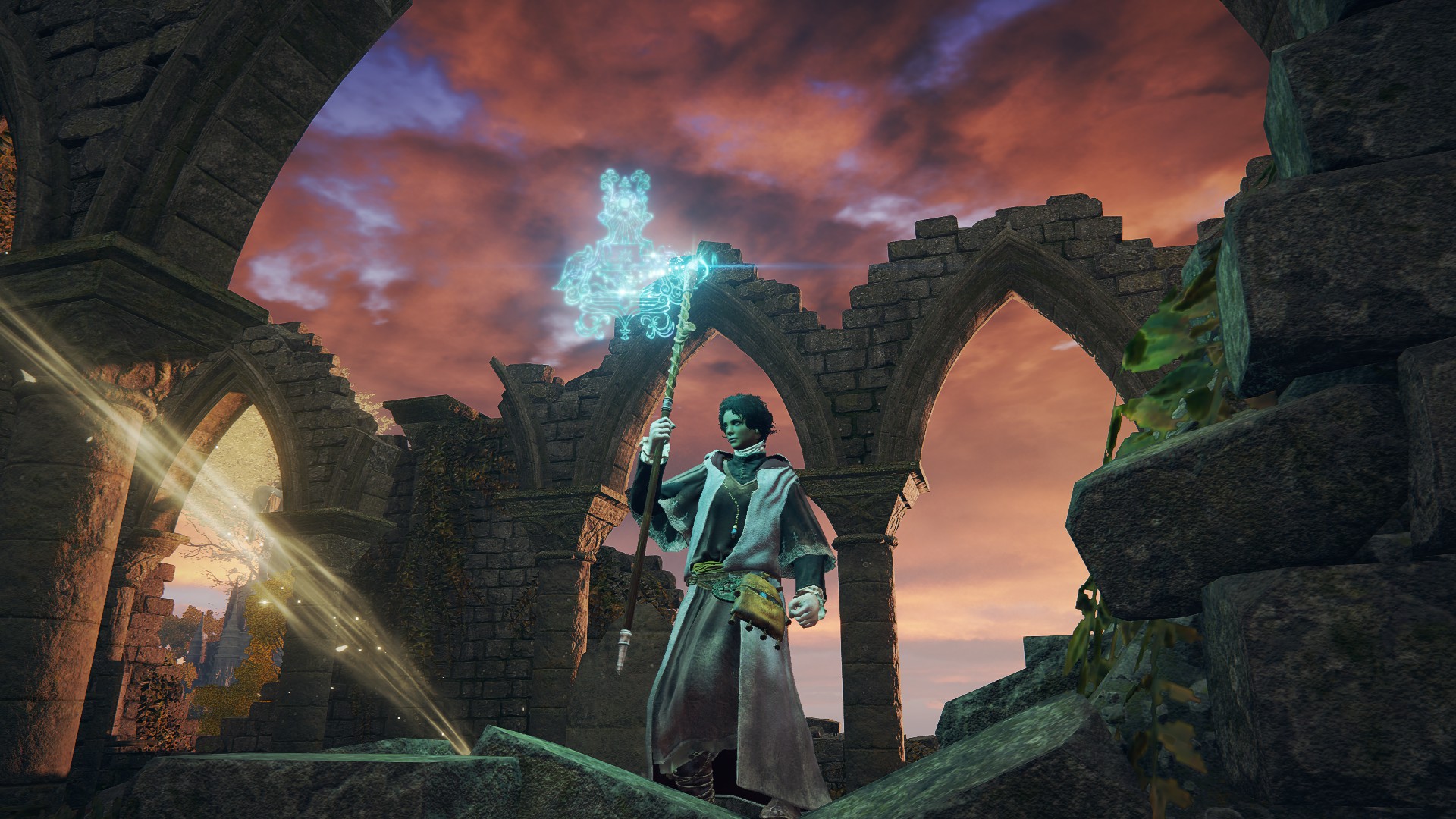
A scholar who reads fate in the stars. Heir to the school of glintstone sorcery.
On the opposite side of the combat coin from the Hero is the Astrologer, the best starting class for players who want to focus on spellcasting or lean into summoning. They start with a staff, small shield, and short sword as backup for when you really need one, along with two offensive spells—Glintstone Pebble for single targets and Glintstone Arc for a cone of effect.
Of note is the Astrologer's high Mind stat. Higher Mind means you'll initially have a higher number of Focus Points, which is what's often spent to summon spirit allies after you acquire the Spirit Calling Bell. Being able to summon a variety of spirits at will is one of Elden Ring's neat new features compared with the Souls games—if you're eager to really lean into using Spirit Ashes, the Astrologer is a good class with which to start.
❗ New player tip: Remember to allocate your flasks at a Site of Grace. By default, you'll have only one flask for replenishing Focus Points and three for restoring health. Since spellcasting is your primary combat ability, you'll likely want to reverse that allocation.
Prophet
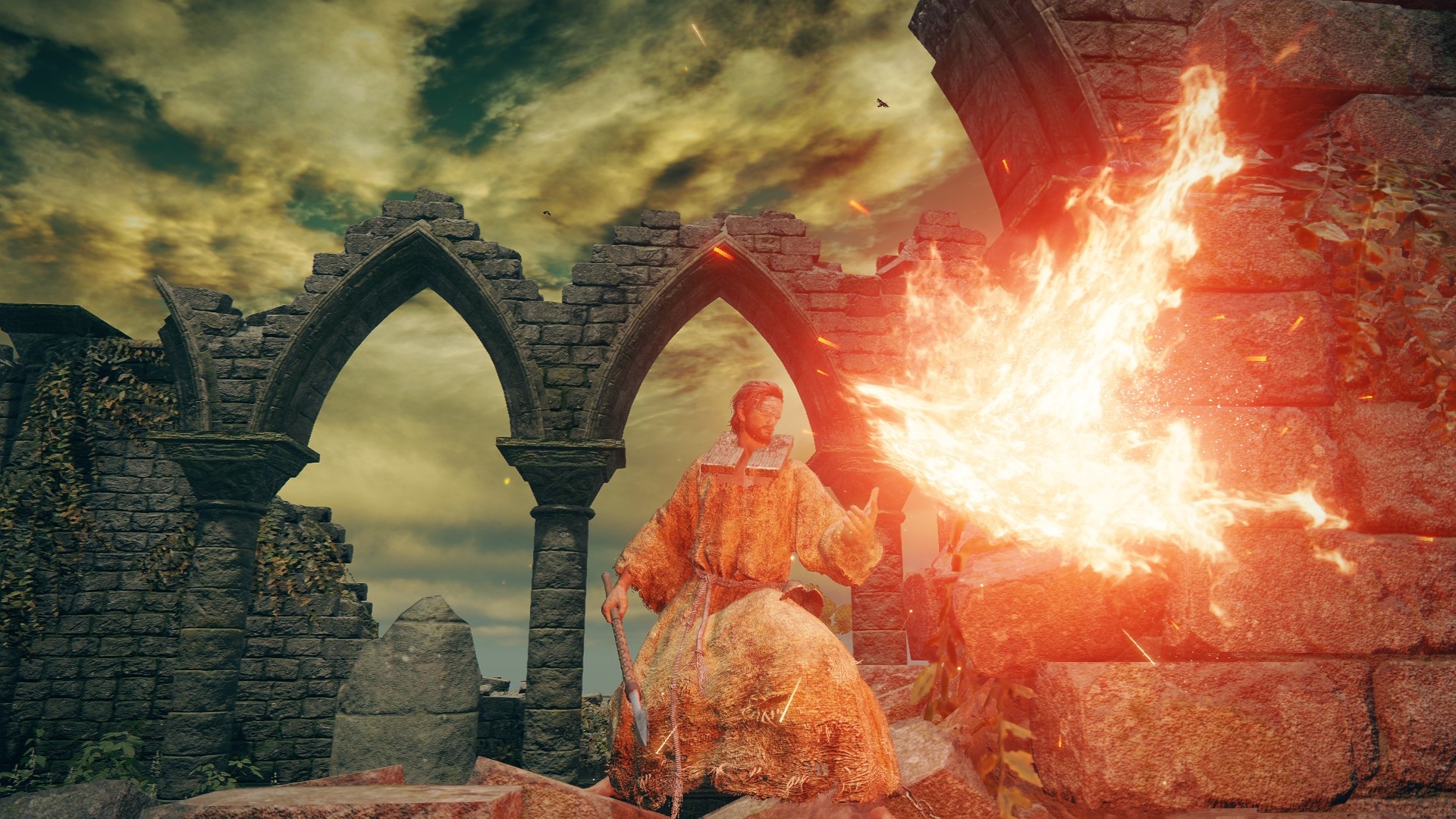
A seer ostracized for inauspicious prophecies. Well-versed in healing incantations.
Like the Warrior and Hero, the Prophet and Astrologer are two different spellcasting classes with alternate specialties. Instead of Intelligence, they have a higher Faith stat for casting Incantations. They compensate by being just a bit stronger in Vigor and Strength. Interestingly, there are quite a lot of incantations for fire and for healing allies, so this is good for spellcasters who also want to co-op.
Starting out, your Prophet can swap between a short range Catch Flame spell—which they have enough initial Focus Points to cast eight of before using a Flask of Cerulean Tears—and the Heal spell. They also begin with a spear and shield.
Samurai
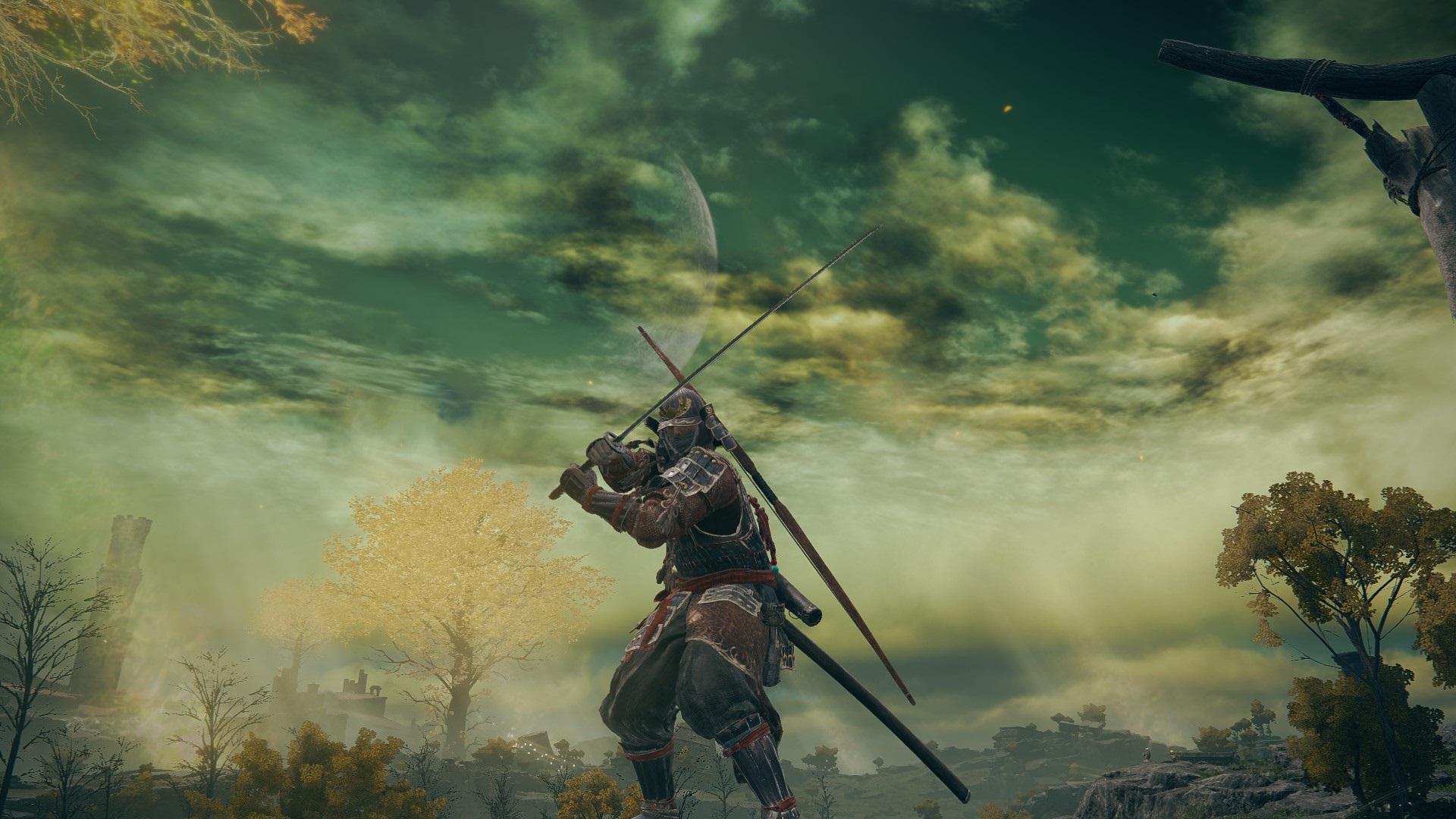
A capable fighter from the distant Land of Reeds. Handy with katana and longbows.
The samurai class has been a popular pick so far, and is actually another decent pick for first-time Souls players. The samurai initially comes equipped with a katana, longbow, offhand shield, and fire arrows. This is the class with the second-highest Dexterity stat, after the Warrior, but with the added bonus of the immediate long-range weapon option.
❗ New player tip: Check our Elden Ring crafting guide to find out which merchants carry recipe books for making new arrows. Also, mind the difference between bolts (for crossbows) and arrows (for bows)!
Prisoner
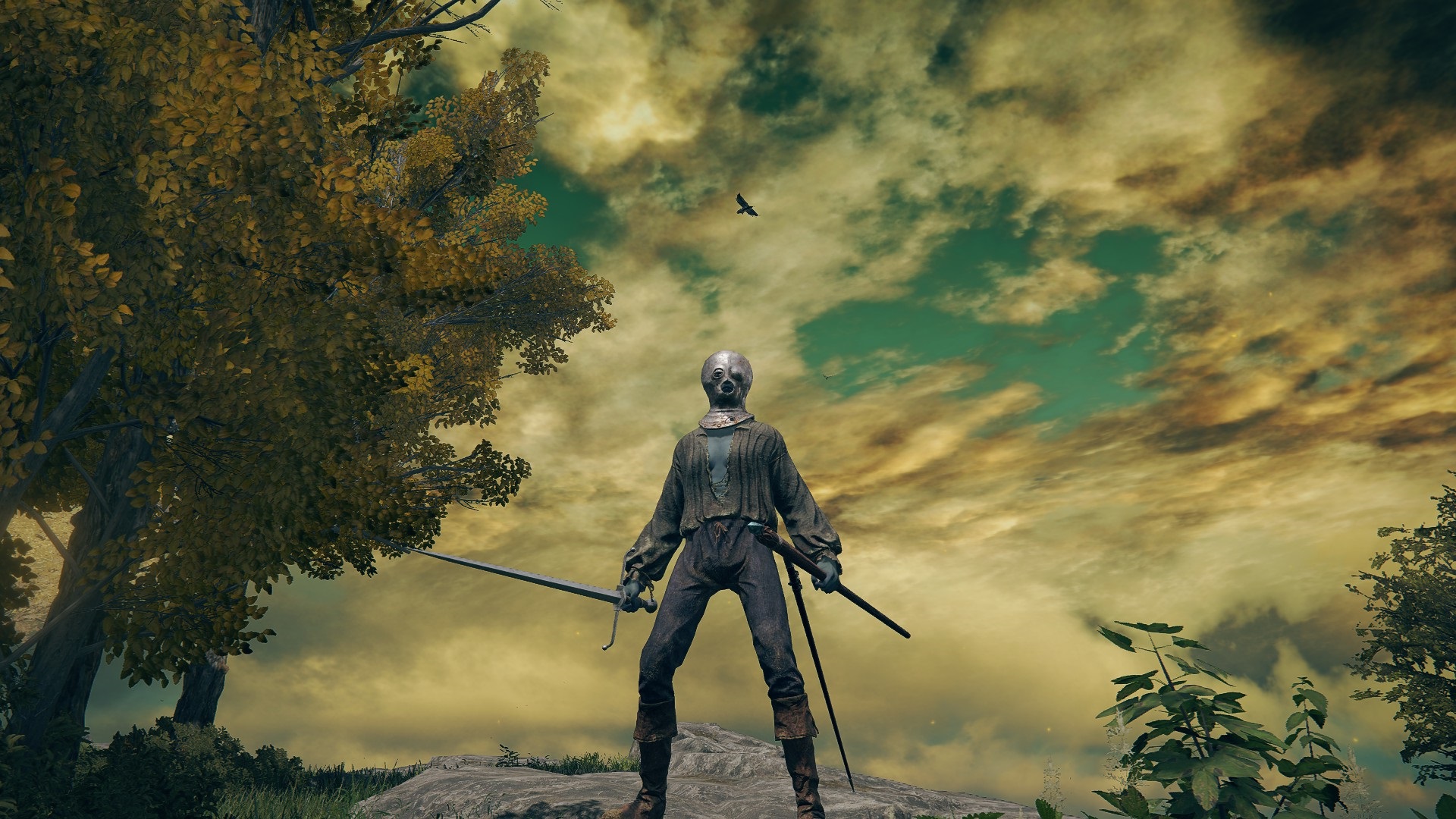
A prisoner bound in an iron mask. Studied in glintstone sorcery, having lived among the elite prior to sentencing.
The prisoner is an undeniably odd starting class, likely for more confident Souls players. The prisoner begins with a sword, staff, a shield, one sorcery spell: the Magic Glintblade, which strikes a single target at range with a magic dagger.
They have 14 points in both Dexterity and Intelligence, which positions them as a sort of wild rogue sorcerer. This is a good starting build if you're willing to take things slow and think through how you want to approach combat. Some situations might be best for spellcasting, others stealth. When neither of those work, use your starting buckler shield to pull off some parries.
Confessor
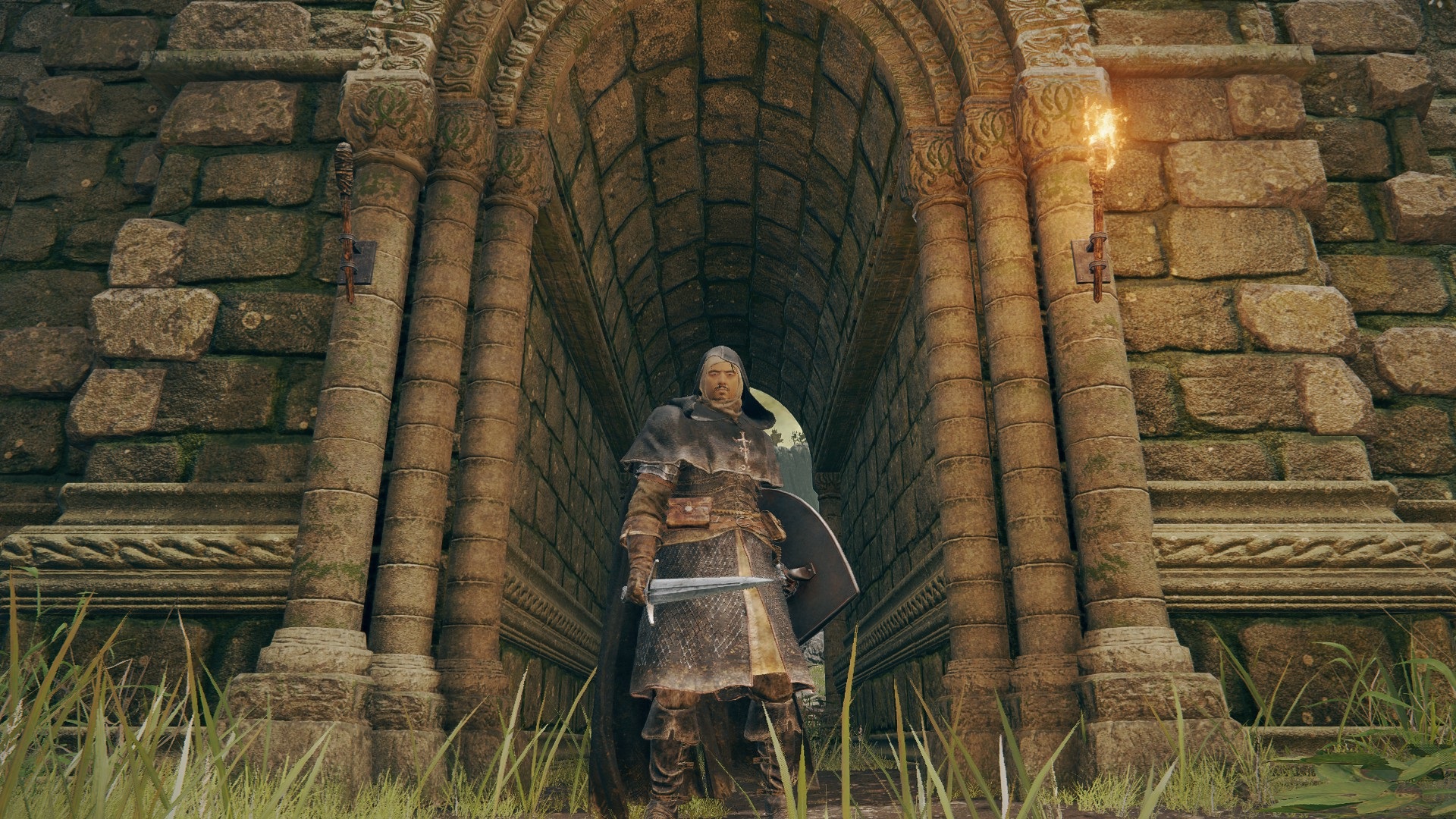
A church spy adept at covert operations. Equally adept with a sword as they are with their incantations.
The Confessor class is essentially a battlemage but definitely a more advanced starting class. They begin with a sword and shield along with decent Strength and Dexterity stats for wielding them. You'll also have those 14 points in Faith, beginning with both the Urgent Heal incantation and Assassin's Approach for silencing your footsteps.
As you're gearing up your Confessor, be mindful of your weapon stats and the attributes you choose to level. When picking a weapon, pay attention to Faith requirements so you don't need to invest in high Strength or Dexterity for physical weapons.
❗ Quick tip: You can find the Cipher Pata blade relatively early which only requires high Faith. Check our Elden Ring weapons guide to find out exactly where to grab it inside Roundtable Hold.
Wretch
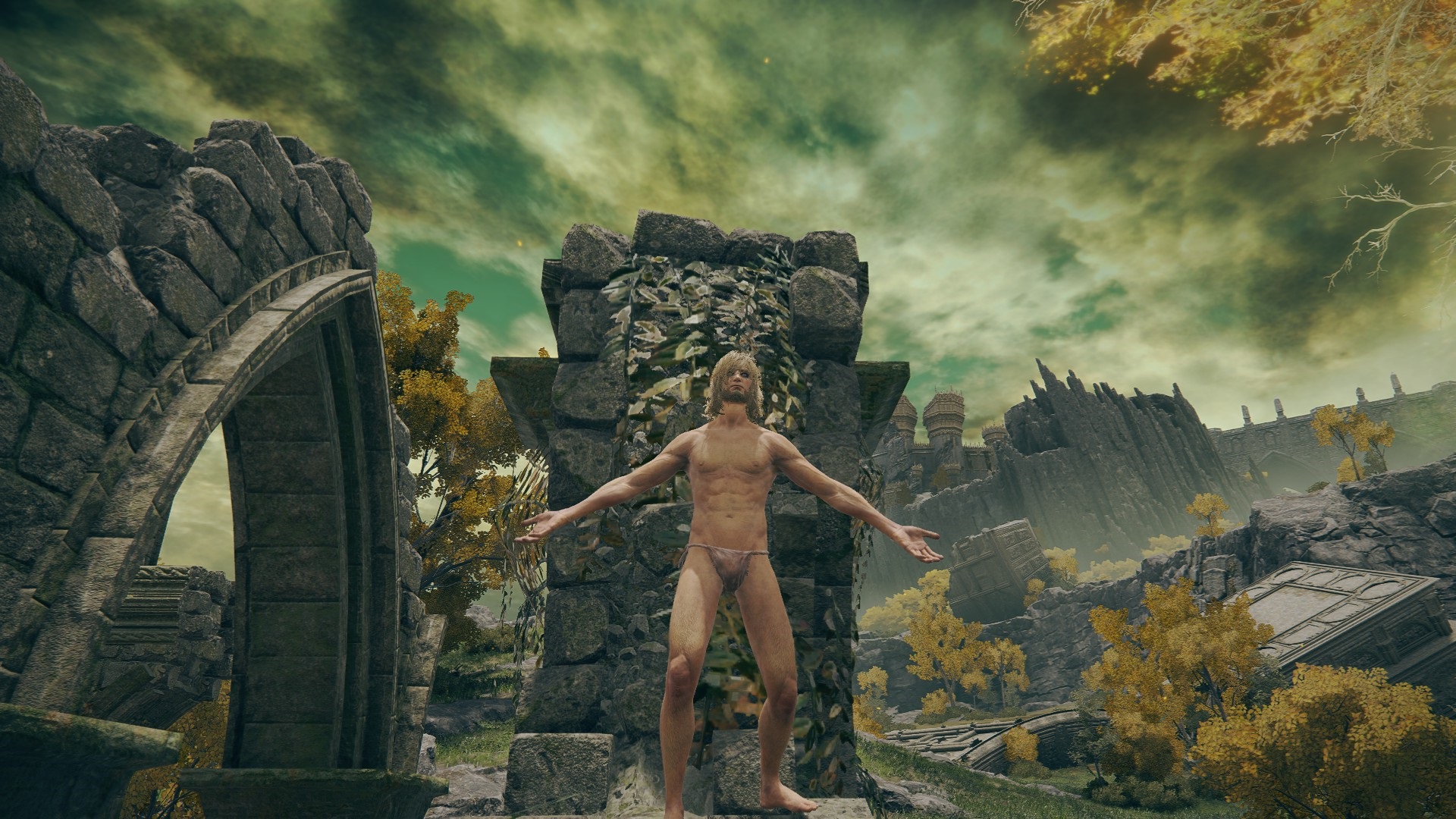
A poor, purposeless sod, naked as the day they were born. A nice club is all they have.
Or perhaps you prefer your Elden Ring in the nude?
As in previous FromSoftware games, the poor naked Wretch is the most difficult starting class. You'll have just a basic club and no armor to start with, so any combat fumbles on your part won't be forgiven. Mistakes are dangerous when all you've got is a loincloth.
The trade-off, of course, is that the Wretch is low level and has all tens in stats, so you're free to level up exactly to your liking. This one is best left to the confident Soulslike players who know exactly what kind of build they're angling for.

Lauren has been writing for PC Gamer since she went hunting for the cryptid Dark Souls fashion police in 2017. She accepted her role as Associate Editor in 2021, now serving as self-appointed chief cozy games and farmlife sim enjoyer. Her career originally began in game development and she remains fascinated by how games tick in the modding and speedrunning scenes. She likes long fantasy books, longer RPGs, can't stop playing co-op survival crafting games, and has spent a number of hours she refuses to count building houses in The Sims games for over 20 years.

